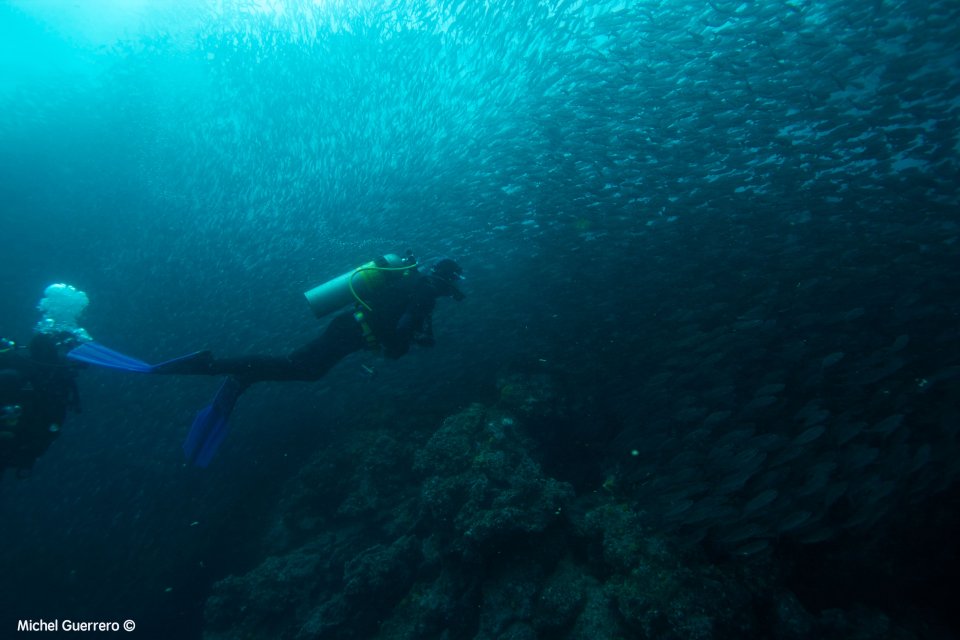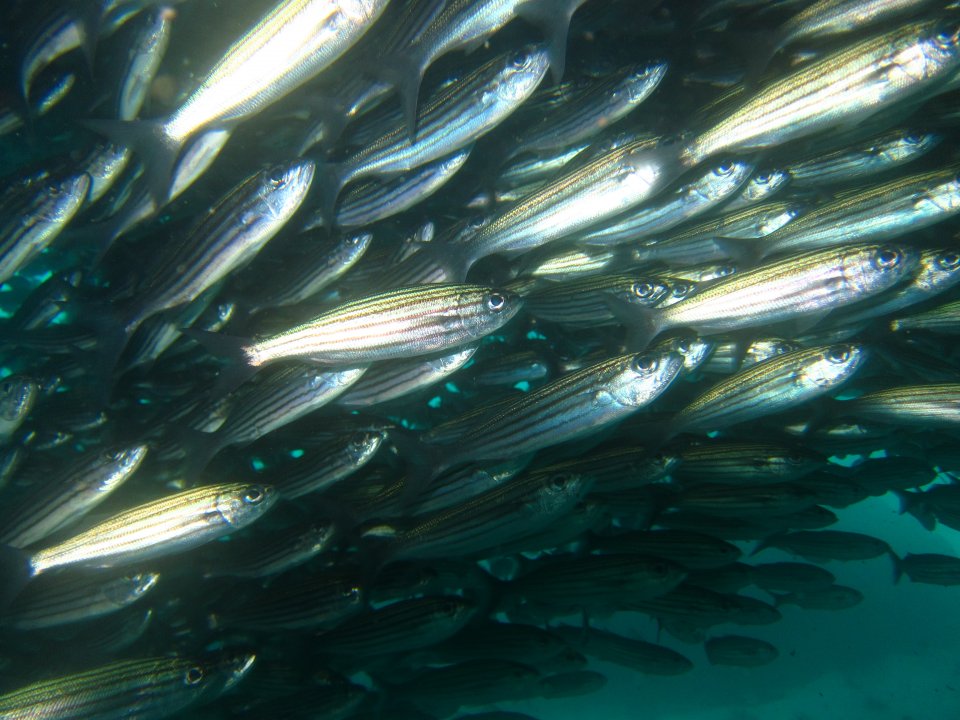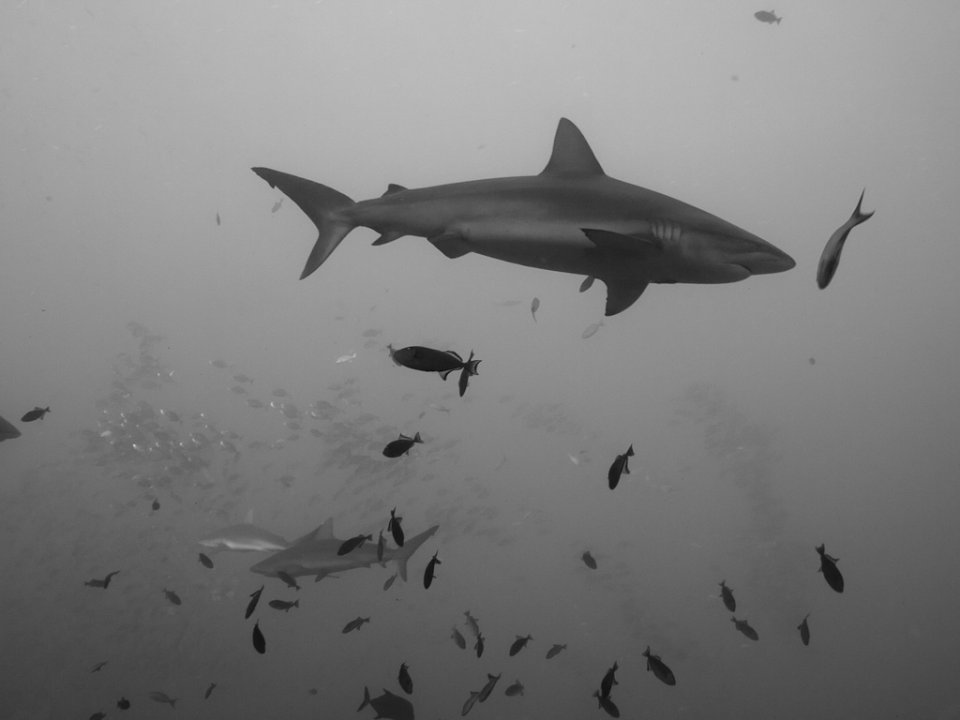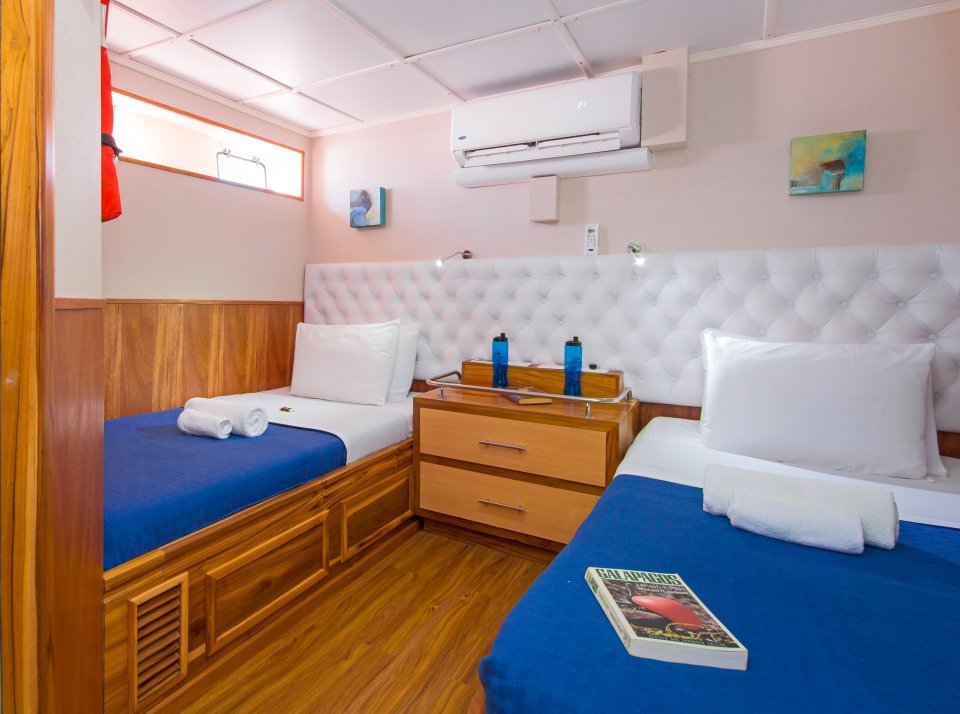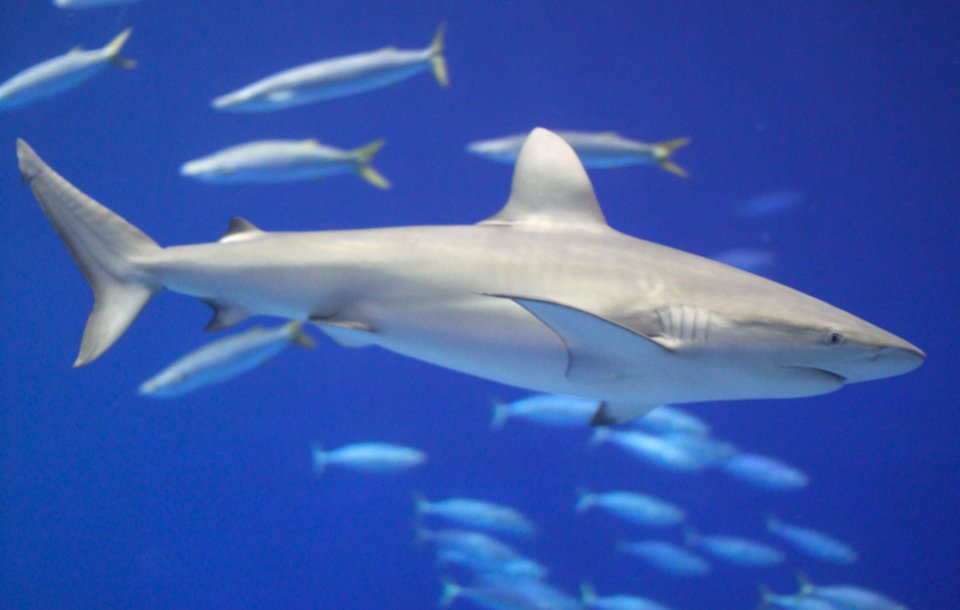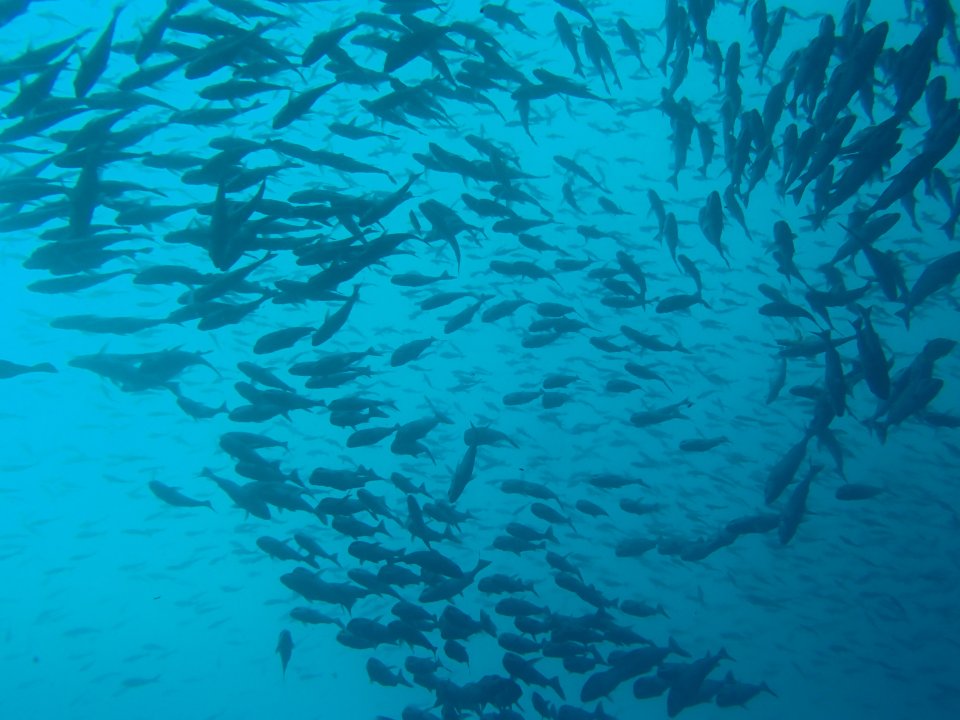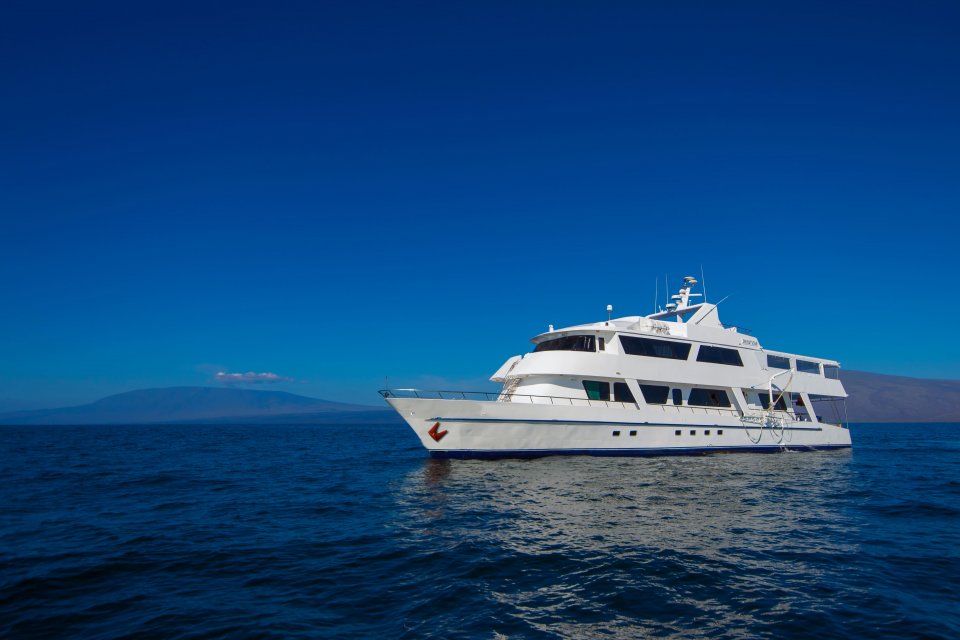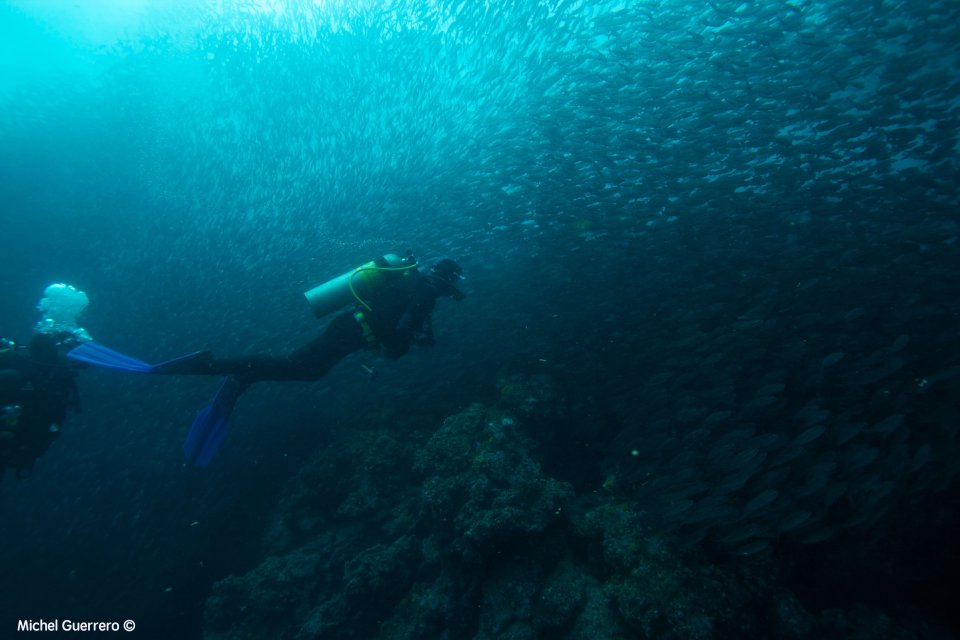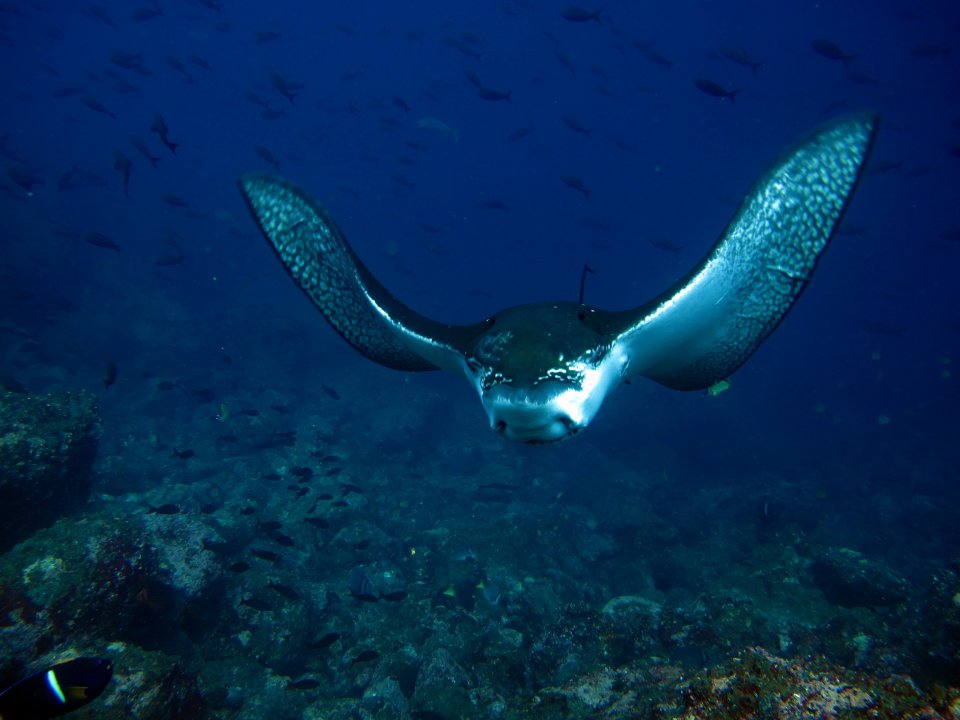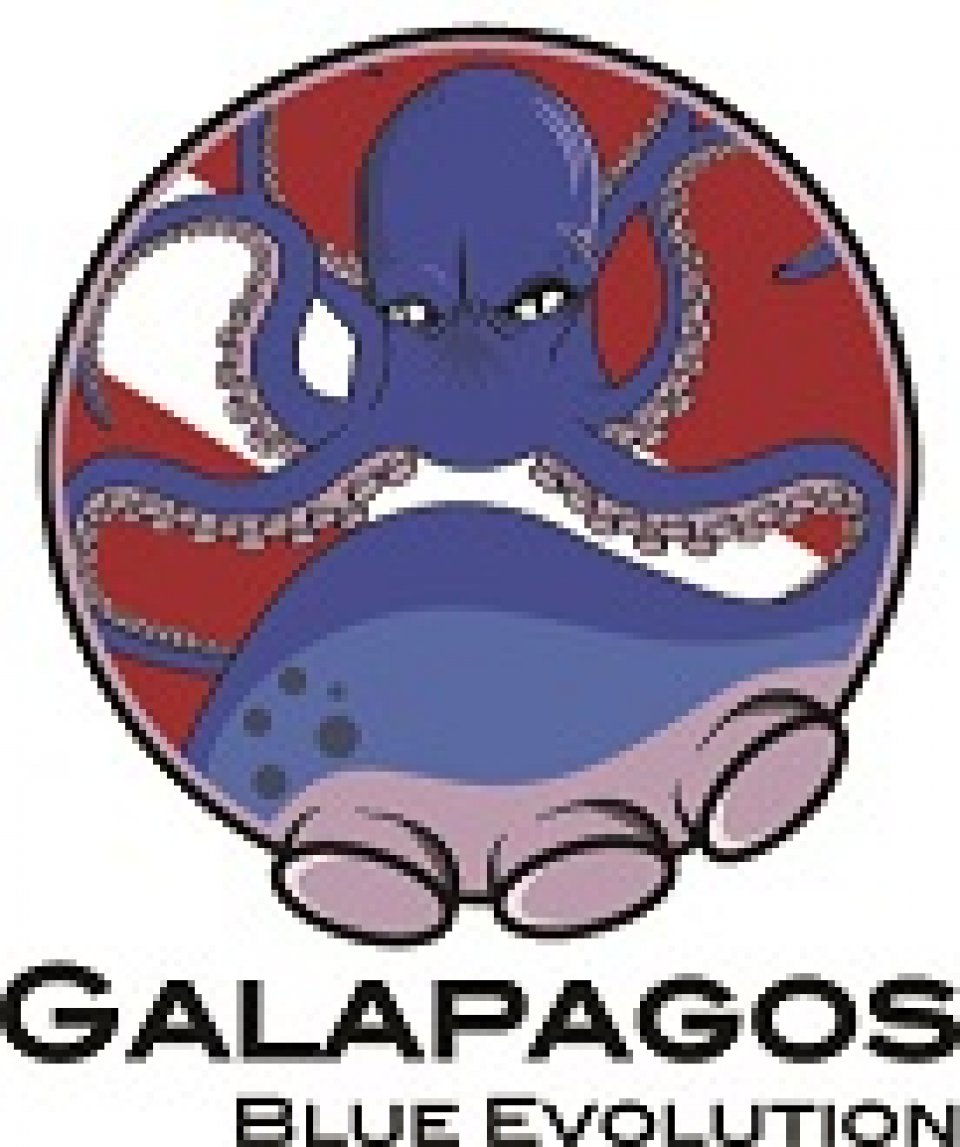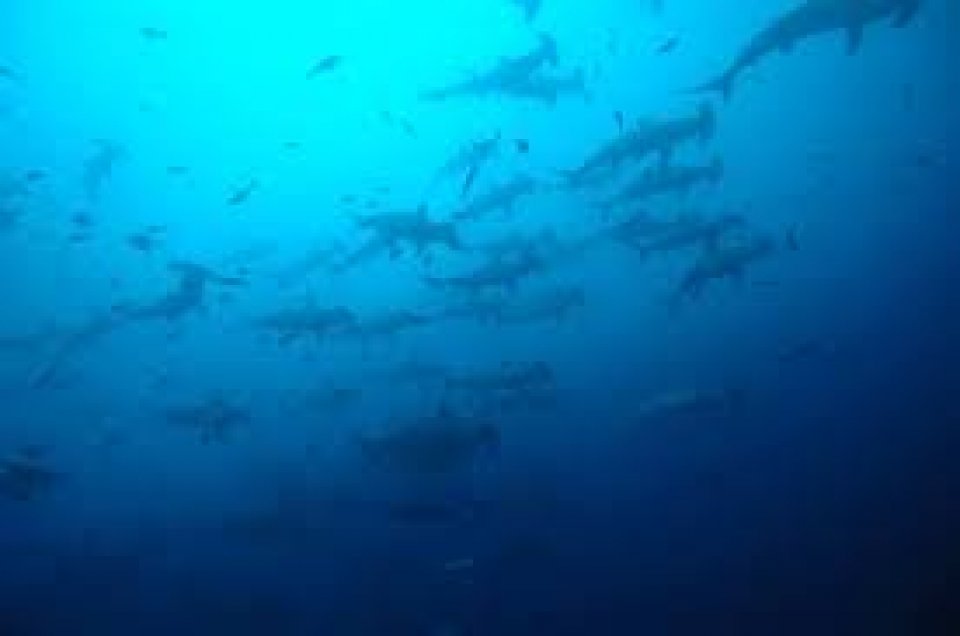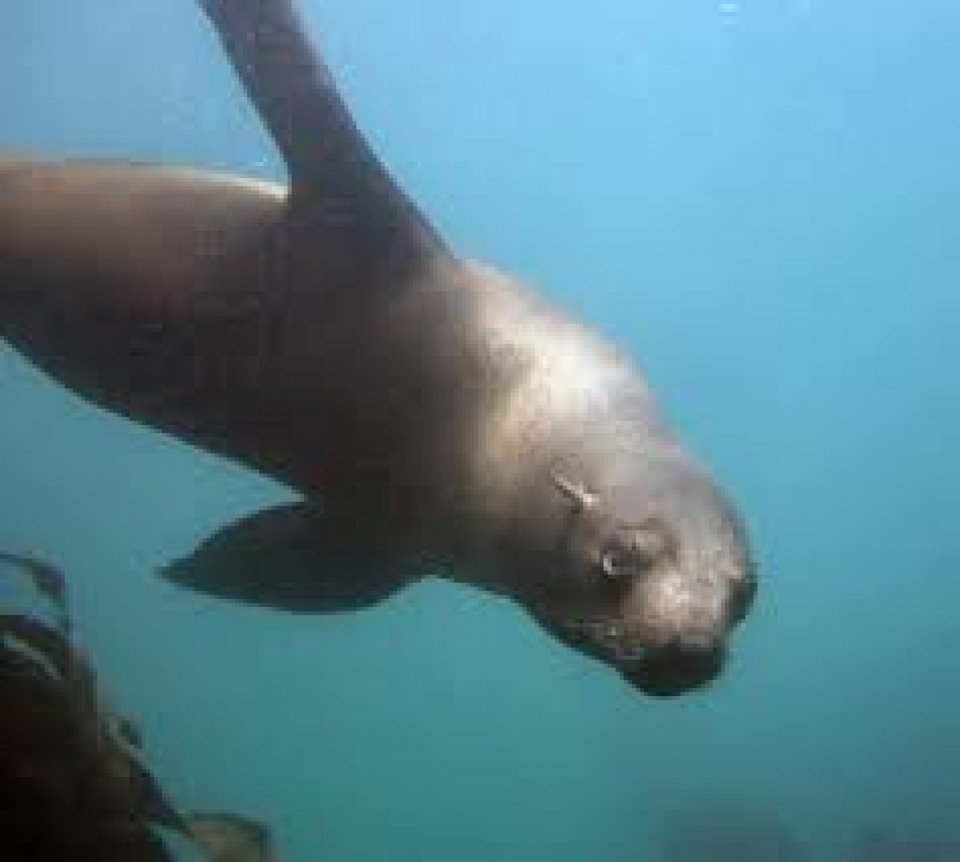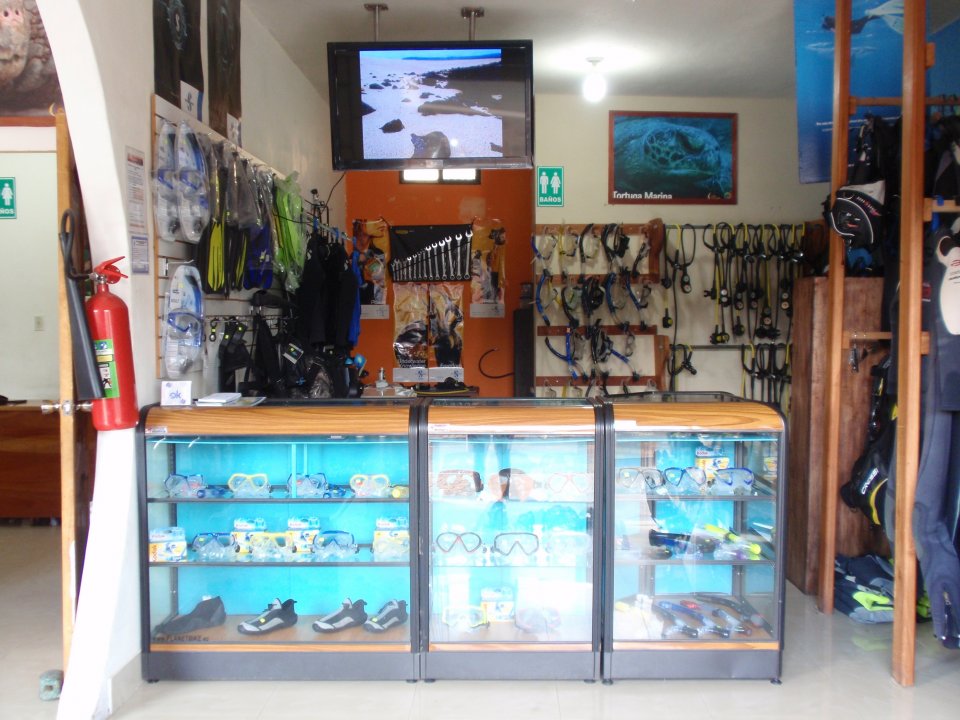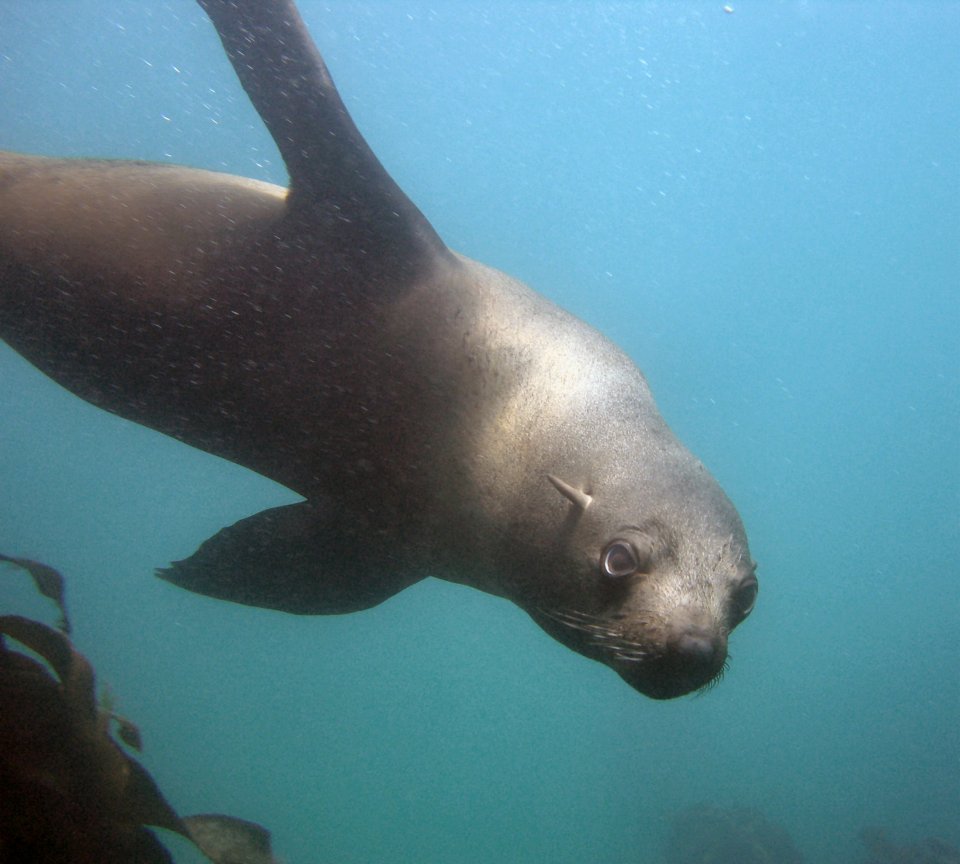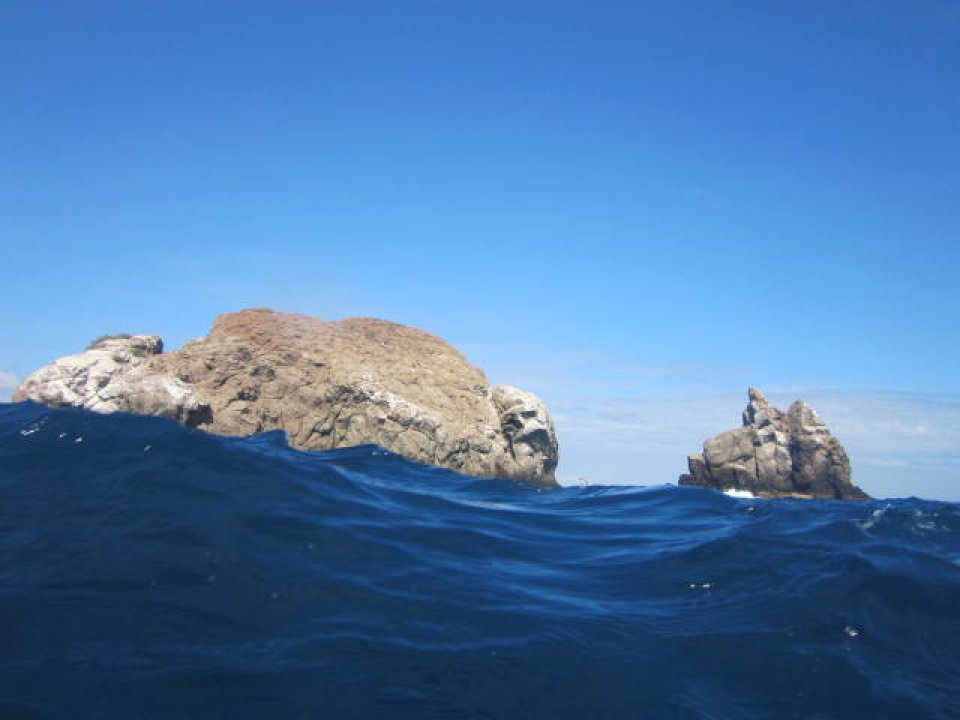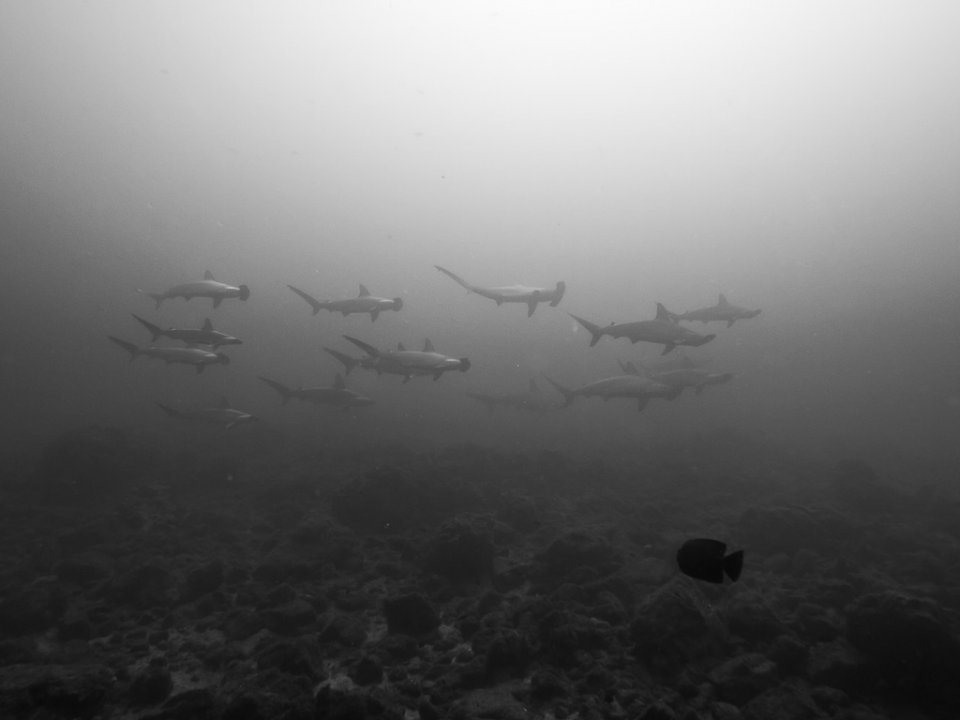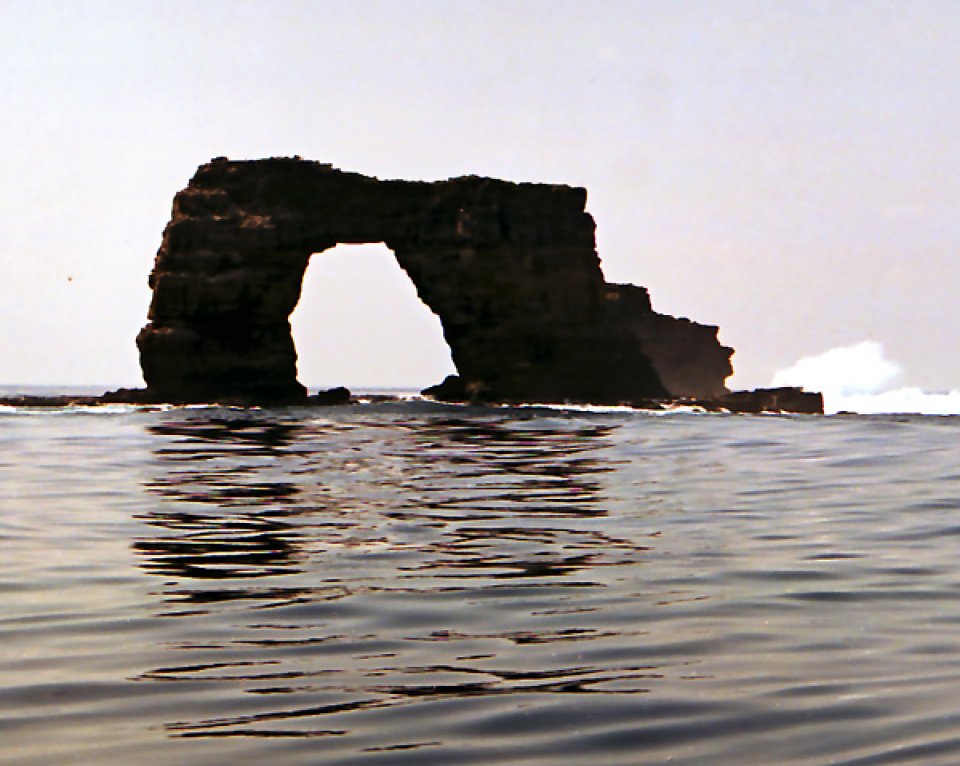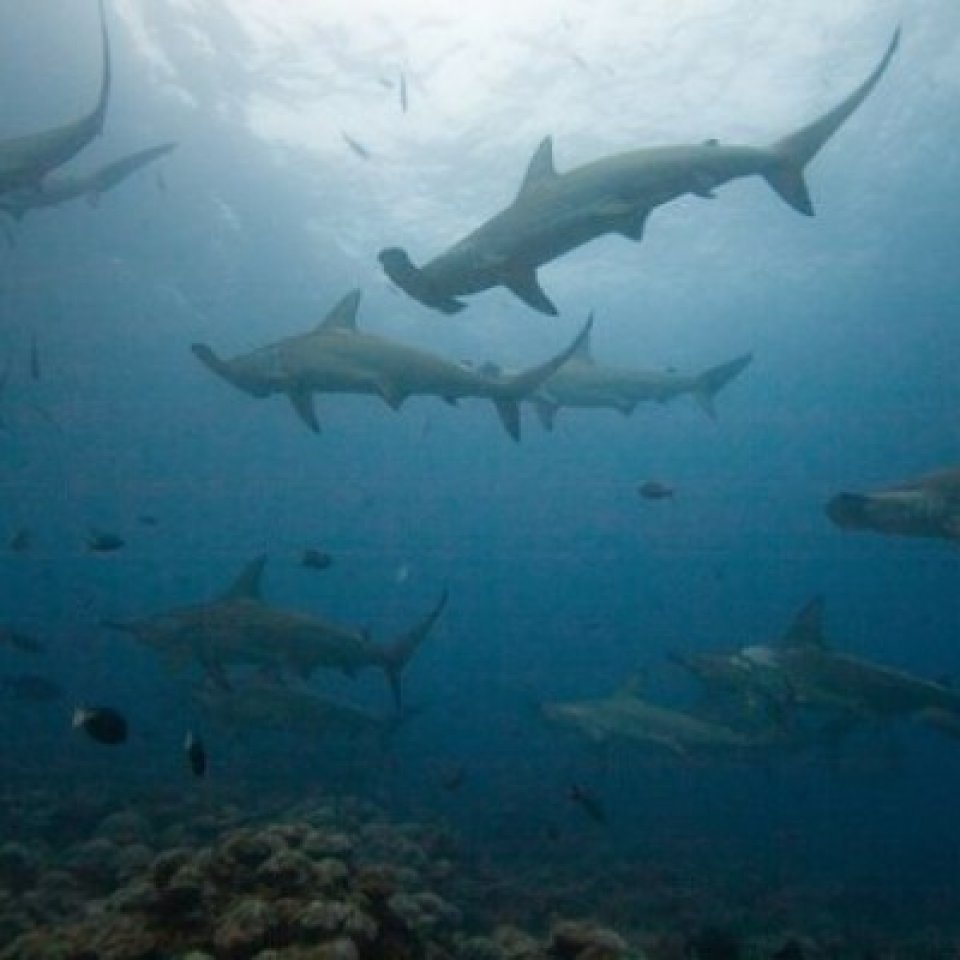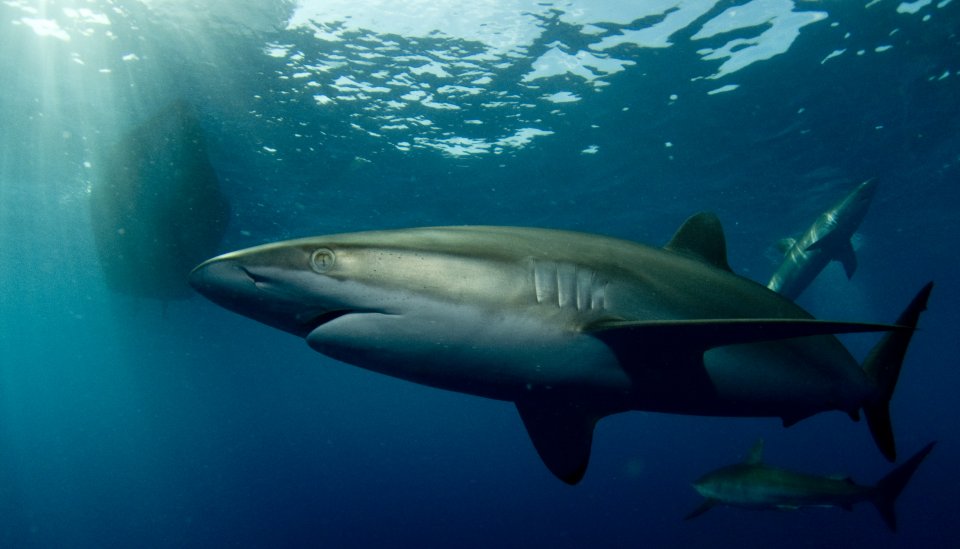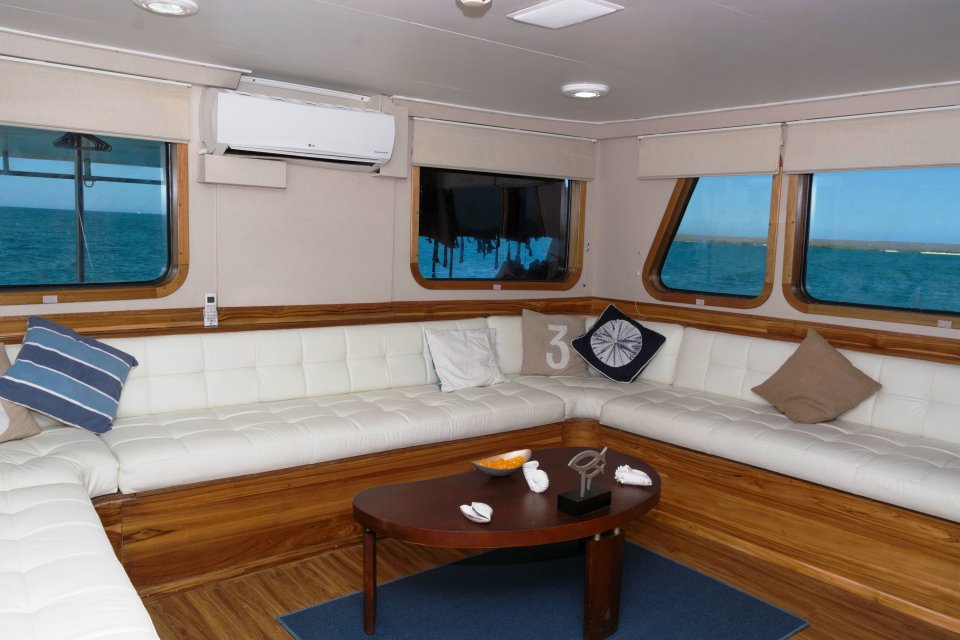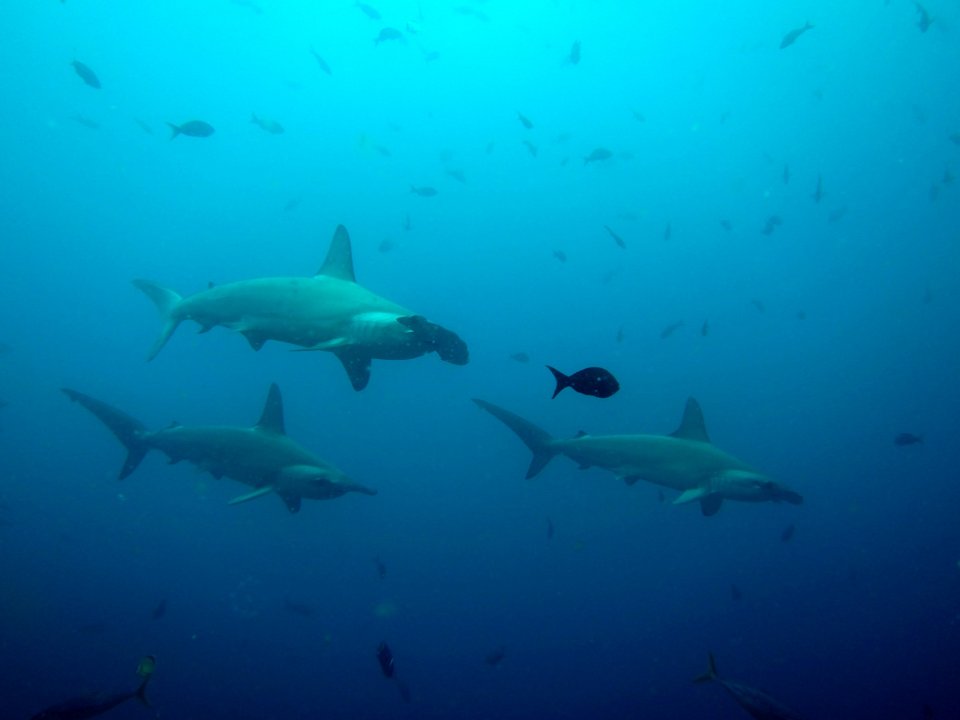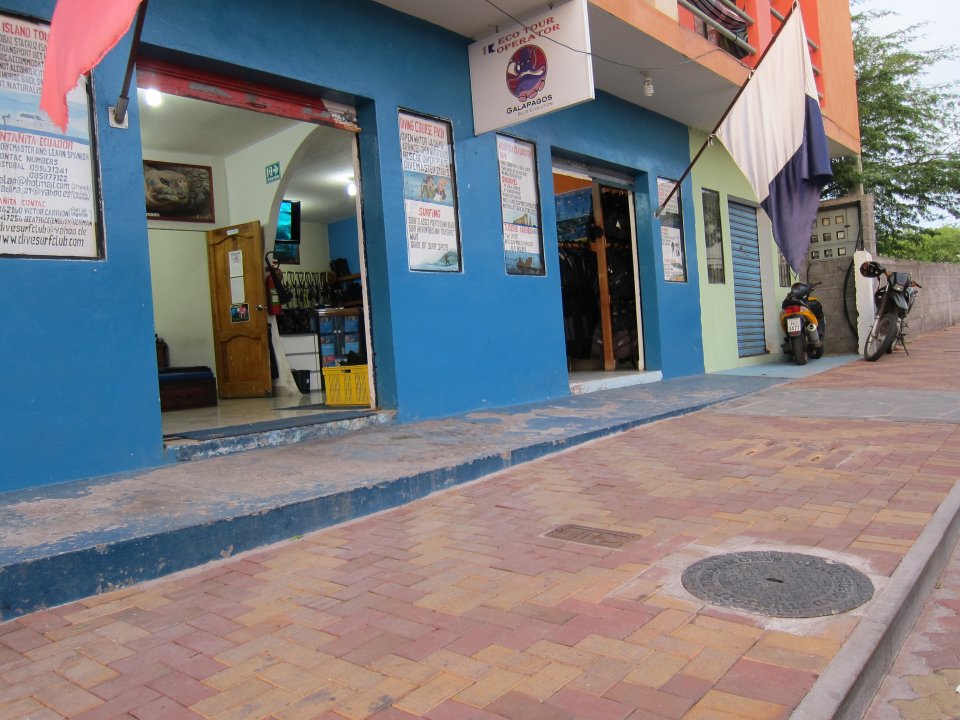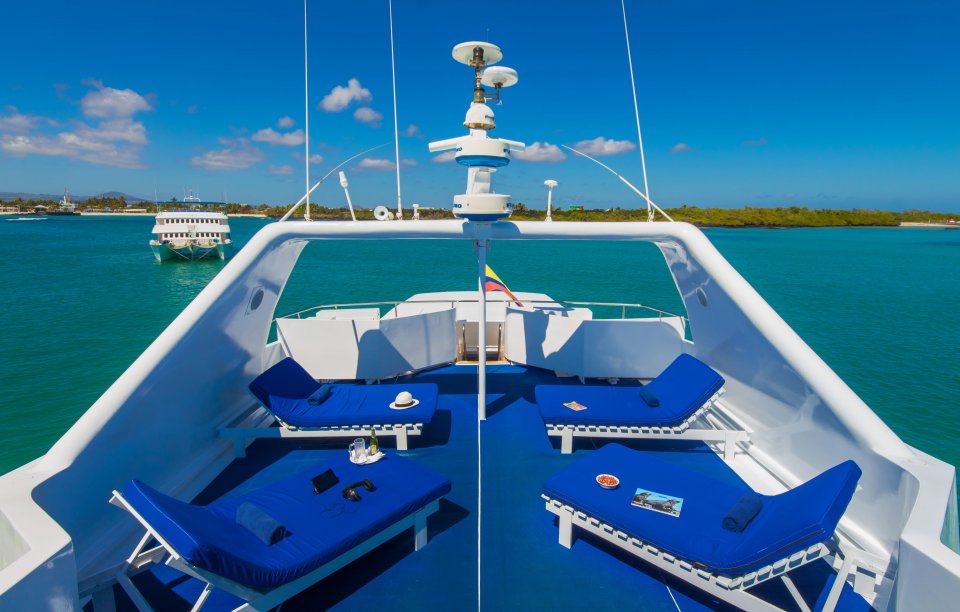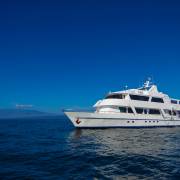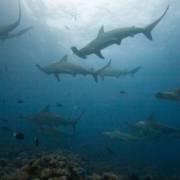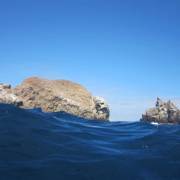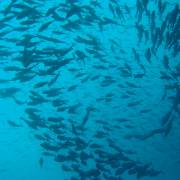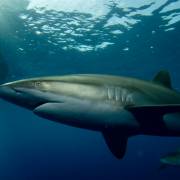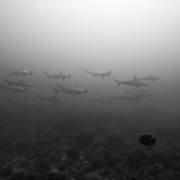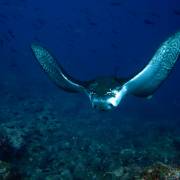Dive in Galapagos
Diving packages in Galapagos
-
Discovery Scuba diving (recreational/certified)
Have you ever wondered what it’s like to breathe underwater? If you are ready to try but not sure if you want to undertake a certification course then Discover Scuba Diving is the experience for you. Try scuba diving under the supervision of an experienced instructor. While not an actual scuba certification, during the Discover Scuba Diving experience you’ll learn the basics of using…295 $ More Information -
FULL DIVE ADVENTURE 8 days / 7 nights
This the most immersive experience of all .! 8 days discovering all the treasures of the island, i which 4 of thos you will go for the most amazing diving experiences, with 8 dives total.! Discover the unique underwater life and feel as moved as you ever have with this once in a lifetime adventure.!4 565 $ More Information -
Darwin's Discovery 5 days / 4 nights
Enjoy of 4 amazing dives and visit the most iconic spots in both Santa Cruz and Isabela!. An amazing experience to explore the best of the Galapagos Islands and dive with the amazing underwater live!3 935 $ More Information -
Padi Open Water Diver 3-4 Students
Padi Open Water Diver 3-4 Students If you’ve always wanted to learn how to scuba dive, discover new adventures or simply see the wonderous world beneath the waves, this is where it starts. The PADI Open Water Diver course is the world’s most popular scuba course, and has introduced millions of people to the adventurous and unique diving lifestyle. Begin your scuba certification online…450 $ More Information -
Padi Open Water Diver 1-2 Students
Padi Open Water Diver 1-2 Students If you’ve always wanted to learn how to scuba dive, discover new adventures or simply see the wonderous world beneath the waves, this is where it starts. The PADI Open Water Diver course is the world’s most popular scuba course, and has introduced millions of people to the adventurous and unique diving lifestyle. Begin your scuba certification online…550 $ More Information
Diving in Galapagos
Galapagos Islands scuba diving isn´t necessarily for real beginner divers. We recommend it for mid-level to advanced divers, especially for certain areas. Dive shops will advise you on the conditions at that time and can suggest less strenuous itineraries for beginners. Diving conditions at the Galapagos are considered medium to hard due to the currents, depth and shape of the dive sites, temperatures and fauna. However, for those of you who want to get your PADI certificate, there's no better place than the Galapagos. Even in the waters near the islands, will give you the chance to swim with sea lions, watch mantas, look out for flounders, colorful fish, and perhaps even dodge the hungry nibbles of a Blue Footed Booby, diving for its mid-morning snack.
TEMPERATURES: The range of surface temperature of the sea is from 18ºC to 30ºC. September to November are the coldest months, and February to April the warmest. Thermoclines are present, between 10 to 30 meters depth ( 30 to 100 feet) and the temperature can drop from one to five degrees Celsius. Galapagos Islands scuba diving shops will supply divers with wet suits and appropriate gear for the temperatures.
CURRENTS: You will probably dive in the Galápagos in medium to strong currents. We understand medium currents to be between one and three knots (between 1 and 4 miles/hour or between 2 and 6 Km./hour), and strong currents are more than three knots (more than 4 miles/hour or 6 Km./hour). Galapagos diving can be tricky if you are caught in an unexpected current on the surface. Just relax, get positive bouyancy and call the boat. If you are in a group, get close together. In the garúa season (from July to December) the Humboldt current coming from the southeast is present. In the warm season ( from January to June) the Panamá current from the northeast arrives in the Galápagos.
VISIBILITY: couldn't be better! 100 feet or 30 meters often is present in the Galápagos waters. You shall expect a visibility from 50 to 80 feet or 15 to 25 meters in most of the places. In some areas and in some seasons due to the richness of phytoplankton, green waters are present. This planktonic algae is the first step in the trophic chain and is necessary to sustain all marine life at the islands.
DRIFT DIVING: Many of the Galapagos islands dives are drift dives. The group will enter and will be drifted down current. With medium currents, you should not wait more than a few seconds at the surface before descending, so you don´t drift from the group. During your dive the boat will follow the bubbles and will pick you up in the place you appear at the surface.
Safety stops are often made in blue waters, away from a wall or bottom.
DEEP DIVING: More than 20 meters or 60 feet is considered a deep dive. We make the deep dive first in the morning. Consider the possible thermocline and expect temperatures to be cold, use sufficient thermal protection. Often dives in the Galápagos are deep and wall dives, making Galapagos diving more complicated.
NIGHT DIVING: You can enjoy a shallow night dive with no drift. Your guide will select a safe place for the night dive with no current. Nocturnal crabs, starfish, sea cucumbers, fish, and other different species are visible at night, and it is common to find fluorescence in the first six meters. When you do, it's like diving in the stars! One of the best dives can be a fluorescent night dive with turtles, fur seals and other animals which cam be seen with the lamp turned off.

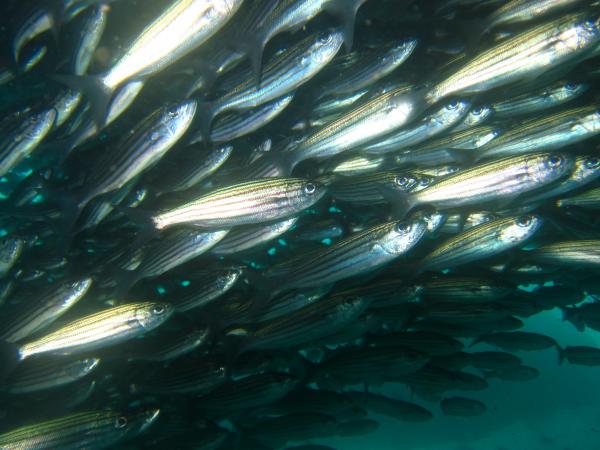
Travel to Galapagos

Scuba diving lovers will definetely enjoy the Galapago Islands (Ecuador) where the sea hides more than 307 species of fishes and close encounters with sharks and rayas are very likely to happen.
Reef fish, sea lions, sting rays, golden rays, eagle rays, invertebrates, morays, garden eels, turtles, marine iguanas, white tip reef sharks, hammerheads, whale sharks, whales, pelagic fish - all this adds up to just one thing - Galapagos scuba diving. Being voted one of the top diving spots year after year isn't a surprise. There are few to no places left in the world where an entire archipalego is virtually free of commercial fishing, leaving the waters left to those who want to swim and and watch the action unfold in the deep, clean waters of the Pacific.
After several attempts to protect the surrounding waters, in March 13, 1996, the Galapagos Marine Reserve was declared with 70.000 square Km. and 1.400 Km of coast. In 1989 CEDAM Intl. Declared the Galapagos islands "One of the seven underwater wonders of the world", and in 2001 The islands were declared "Natural Heritage"
